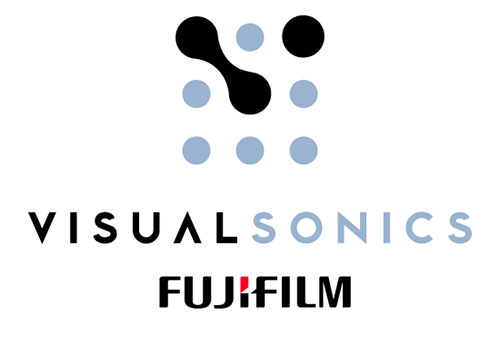IMAGINE 2016 SUMMIT - Guest SPEAKER BIOGRAPHIES
The Translational Research Institute was established to foster innovation and collaboration in medical research. As part of our commitment to helping our researchers build strong and relevant networks, we have invited some of the world leaders in imaging research and technology development to speak at the first Innovation and Translation in Imaging Summit. Meet our VIP guest speakers below.
BIOGRAPHIES
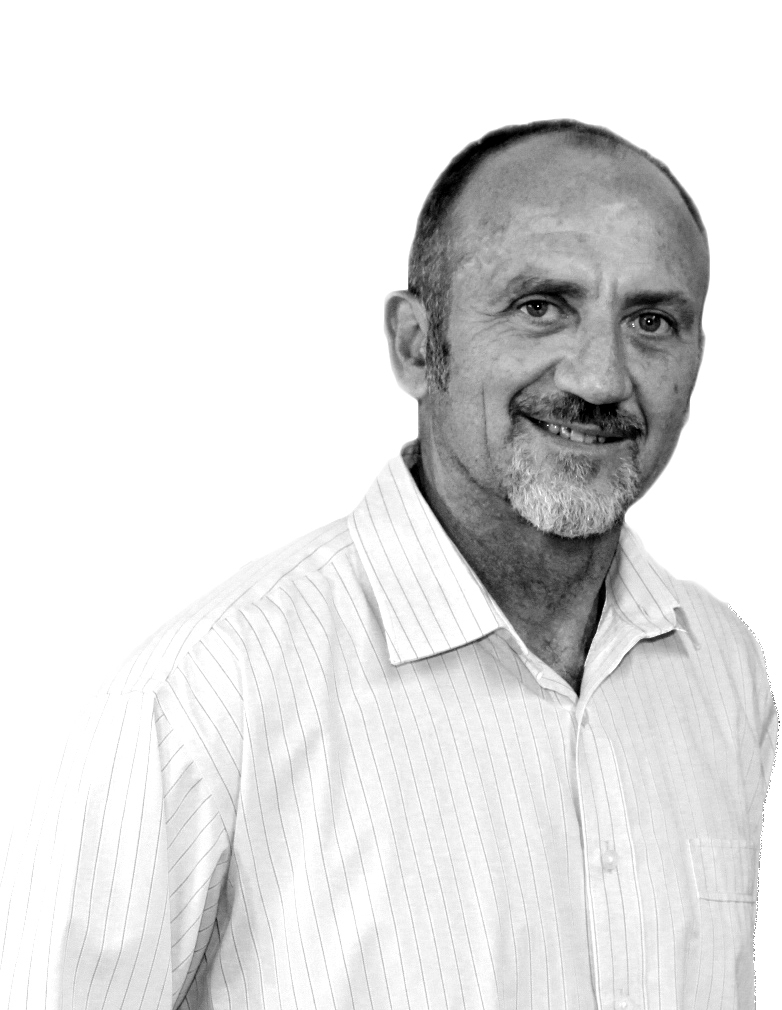 |
PROFESSOR STUART CROZIERProfessor Stuart Crozier is the Associate Dean (Research) for the Faculty of Engineering, Architecture and Information Technology. He is also the Director of Biomedical Engineering at The University of Queensland and an Australian Research Council Professorial Fellow. His expertise lies in imaging technology and applications, instrumentation for physiological measurement and semi-automated diagnostics. The commercial and academic impact of the work in Magnetic Resonance Imaging has been significant, with about seventy percent of all high-end, clinical MRI systems installed worldwide after 1997 containing patented technology co-invented and fully developed by him. Specifically, this technology concerns a method of correcting the field shifts caused by pulsed magnetic field gradients by frequency and phase modulation of the transmitter and/or receiver in an MR scanner. This is significant because it changed the level of image fidelity possible and has allowed faster and more accurate images to be obtained. The work has also brought substantial financial returns to Australia. In 2012 Professor Crozier received the Australian Academy of Technological Sciences (ATSE) Clunies Ross Award for his 20-years of contributions to the field of Magnetic Resonance Imaging. The award recognises outstanding achievement in the application of science and technology for the benefit of the wider community. Professor Crozier was also named as one of Australia’s most influential engineers by Engineers Australia in their 2015 “Top 100 Most Influential Engineers” list. |
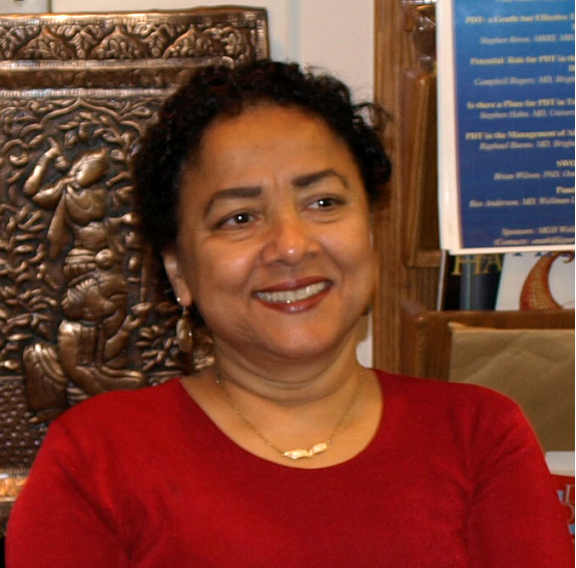 |
DR. TAYYABA HASANTayyaba Hasan, PhD, is a Professor of Dermatology at Harvard Medical School (HMS) and a Professor of Health Sciences and Technology (Harvard-MIT). The focus of her research is in photochemistry and photodynamic therapy of cancer and infections with over 220 publications and inventions. Dr. Hasan is an inventor of the FDA approved photodynamic treatment of age-related macular degeneration. In recognition for this translational work and other discoveries, Dr. Hasan was the recipient of the Bench to Bedside Pioneer Award from the National Institutes of Health (NIH). Dr. Hasan has several leadership roles in national and international organizations. These include the NIH, National Cancer Institute (NCI), Department of Defense (DoD), European Union Science Review Group, UK, Cancer Research and several others. She was the President of the American Society for Photobiology (2010–2012), and she is the current President of the International Photodynamic Association and also Vice President of Science for the PanAmerican Photodynamic Therapy Association. Dr. Hasan directs a NCI-funded multicenter P01 grant with pancreatic and melanoma skin cancers as the foci. She is also the Principal Investigator and has several other NIH, DoD and industry grants. She also leads an NCI-funded international consortium (UH2/UH3 award) on developing low cost enabling technologies for image guided photodynamic therapy of oral cancer. Dr. Hasan has served on numerous review committees for the NIH, HMS and Massachusetts General Hospital (MGH). Dr. Hasan has had a long term involvement in helping the career development of junior scientists and was the first Director of the Office for Research Career Development at MGH until 2011. Her commitment to teaching and training has earned her the William Silen Lifetime Achievement in Mentoring Award from HMS. She has been invited to several institutions to discuss mentoring and career development and was selected as the keynote speaker at the Annual Meeting of Massachusetts General Postdoctoral Association who named the Annual Lecture in her honor. She is also the recipient of the Tenth Anniversary Mentor Award from the National Postdoctoral Association. Dr. Hasan participates in various outreach programs. She was recognized for her dedication to equity in science, engineering and technology and was the Catalyst Award Honoree for the Science Club for Girls in Cambridge, Massachusetts. |
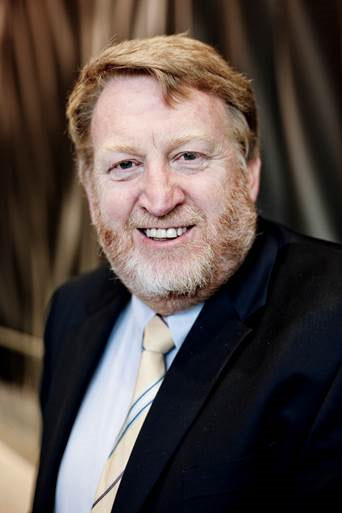 |
PROFESSOR GRAEME JACKSONProfessor Graeme Jackson is a clinical neurologist and clinical researcher. He is recognised as an expert and authority in new MR technologies, particularly in the field of animal and human studies of epilepsy. He is Senior Deputy Director of the Florey Institute of Neuroscience & Mental Health. Graeme holds a number of other positions, both clinical and academic. He is a Professorial Fellow of the Department of Medicine, Austin Health, The University of Melbourne. His major research achievement is his impact on the understanding of epilepsy. He is a world leader on the use of imaging technologies in neurological disease, and has combined these interests to advance the understanding of epilepsy and to identify lesions that allow surgical cure of epilepsy. He was awarded the prestigious NHMRC Excellence Award. |
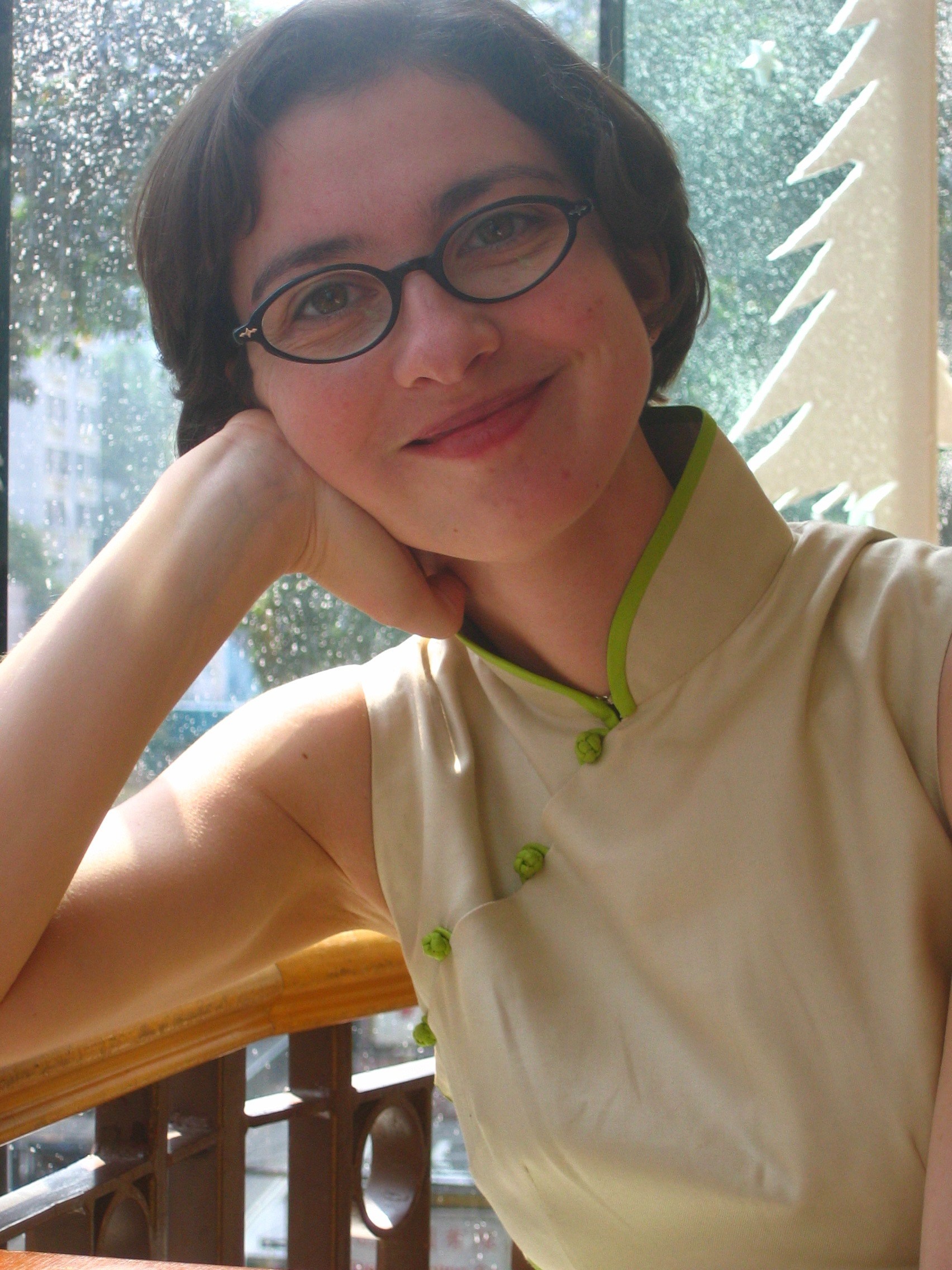 |
Dr. Renate JerecicDr. Renate Jerecic works as Director for Global MR Collaboration for Siemens Healthcare and is based in Headquarters in Erlangen, Germany. She is responsible for the partnership management and coordination of Magnetic Resonance (MR) research and development projects between Siemens and its research customers, working with the leading institutions worldwide. The major areas of MR collaboration are in the field of Oncology, Neurology, Cardiology, Orthopedics and MR guided Therapy. Before taking on this role she worked for Siemens Healthcare three years in China, based in Shanghai, the Siemens Healthcare Headquarter for NE Asia and was responsible for setting up a collaboration team and support structure for Korea, China, Hongkong and Taiwan. Before she moved to Shanghai in 2009 she worked three years for Siemens in the US and was responsible for cardiovascular MR pre and product development and coordination of research projects with world leading institutions in the field of Cardiovascular MR, with which she co-authored many publications especially in the field of Cardiovascular MRI. She started her career with Siemens in 2002 as Global Marketing Manager for cardiovascular MRI in Siemens’ headquarter in Erlangen, Germany. Before Dr Jerecic joined Siemens, she did her Post-Doc at the German Cancer Research Center in Heidelberg focusing on MR sequence development, esp for Sodium MRI. Dr Jerecic got her PhD at the University of Heidelberg, Germany. |
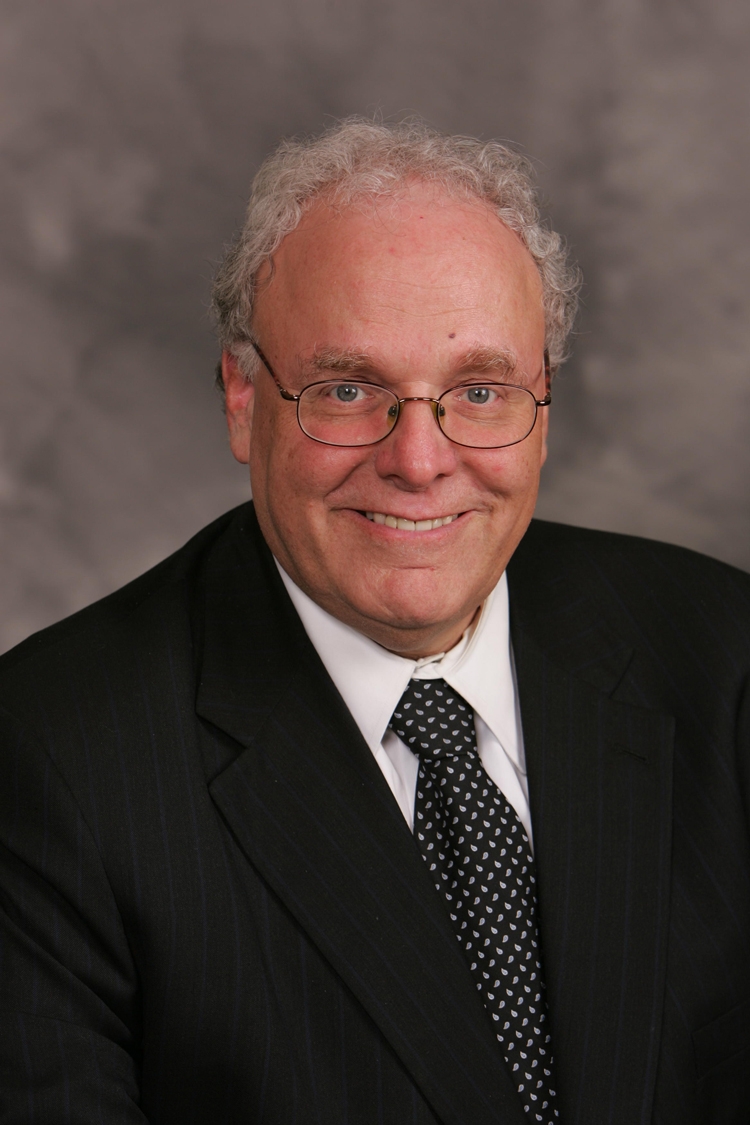 |
HERBERT Y. KRESSEL, M.D.Beth Israel Deaconess Medical Center Graduated the University of Southern California School of Medicine, 1972. Completed internship at the University of Washington Hospitals in Seattle and served as a resident and fellow in diagnostic radiology at the University of California, San Francisco. He joined the section of gastrointestinal radiology at the Hospital of the University of Pennsylvania in 1977, was later appointed Director of MRI and Professor of Radiology. He has served as past president of Society of Magnetic Resonance in Medicine, and on the Editorial Board of many professional journals. Major interests are magnetic resonance imaging of the abdomen and pelvis with particular interests in prostate, liver and pancreas. In 1993 Dr. Kressel was appointed Radiologist-In-Chief, Emeritus, of the Department of Radiology at the Beth Israel Hospital in Boston, and Miriam H. Stoneman Professor of Radiology at the Harvard Medical School. In February 1998 Dr. Kressel was appointed Chief Medical Officer at Beth Israel Deaconess Medical Center, and continued to serve as Radiologist-in-Chief. In August 1998 Dr. Kressel was appointed President and CEO of Beth Israel Deaconess Medical Center. In January 2000, Dr. Kressel returned to the Radiology Department at Beth Israel Deaconess Medical Center and resumed his role as Radiologist-in-Chief. In 2007, Dr. Kressel was appointed Editor Designate for Radiology, and assumed the role of Editor in January 2008. |
 |
PROFESSOR STEPHEN ROSESenior Principal Research Fellow Professor Rose is a Senior Principal Research Fellow within the Australian e-Health Research Centre, CSIRO – Health & Biosecurity. He holds the title of honorary Principal Research Fellow within the UQ Centre for Clinical Research and is the acting Director of the newly established Herston Imaging Research Faculty (HIRF), located at the Royal Brisbane and Women’s Hospital. During his career he has contributed to the development and translation of innovative MRI and PET imaging technologies enabling more effective delivery of diagnostic and treatment planning services, improved patient outcomes and streamlining patient workflows. Professor Rose is currently developing novel MRI and PET molecular imaging platforms in a number of clinical imaging research programs in oncology, neurodegenerative and brain development disorders. |
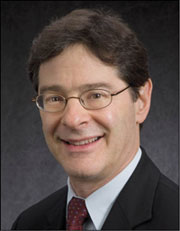 |
BRUCE R ROSEN MD PHDHarvard Medical School Dr Rosen is Professor of Radiology at the Harvard Medical School and Professor of Health Science and Technology at the Harvard-MIT Division of Health Sciences and Technology. He is also Director of the Athinoula A. Martinos Center for Biomedical Imaging at Massachusetts General Hospital. A world-leading expert in functional neuroimaging, Dr Rosen’s recent work has focused on the integration of fMRI data with information from other modalities, including positron emission tomography (PET), magnetoencephalography (MEG) and non-invasive optical imaging. By using fMRI tools to evaluate the linkage between neuronal and physiological (metabolic and hemodynamic) events during periods of increased neuronal activity, his studies will allow researchers to better interpret fMRI signal changes and develop new ways to probe brain function. |
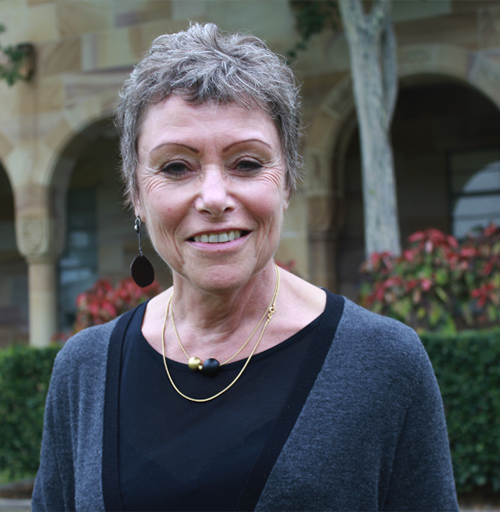 |
Professor Halina Rubinsztein-DunlopProfessor Rubinsztein-Dunlop is a Director of the Quantum Science Laboratory in the School of Mathematics and Physics at the University of Queensland. She obtained her PhD degree at the University of Gothenburg, in Sweden. Halina’s research interests are in quantum atom optics, laser micromanipulation, laser physics, linear and nonlinear high resolution spectroscopy, and nano-optics. Halina’s group in laser micromanipulation/optical tweezers was the first to demonstrate the transfer of angular momentum of light to microscopic particles. The work has led to a number of interesting and innovative applications in the area of optically driven microsystems with further application into biological and biomedical systems. |
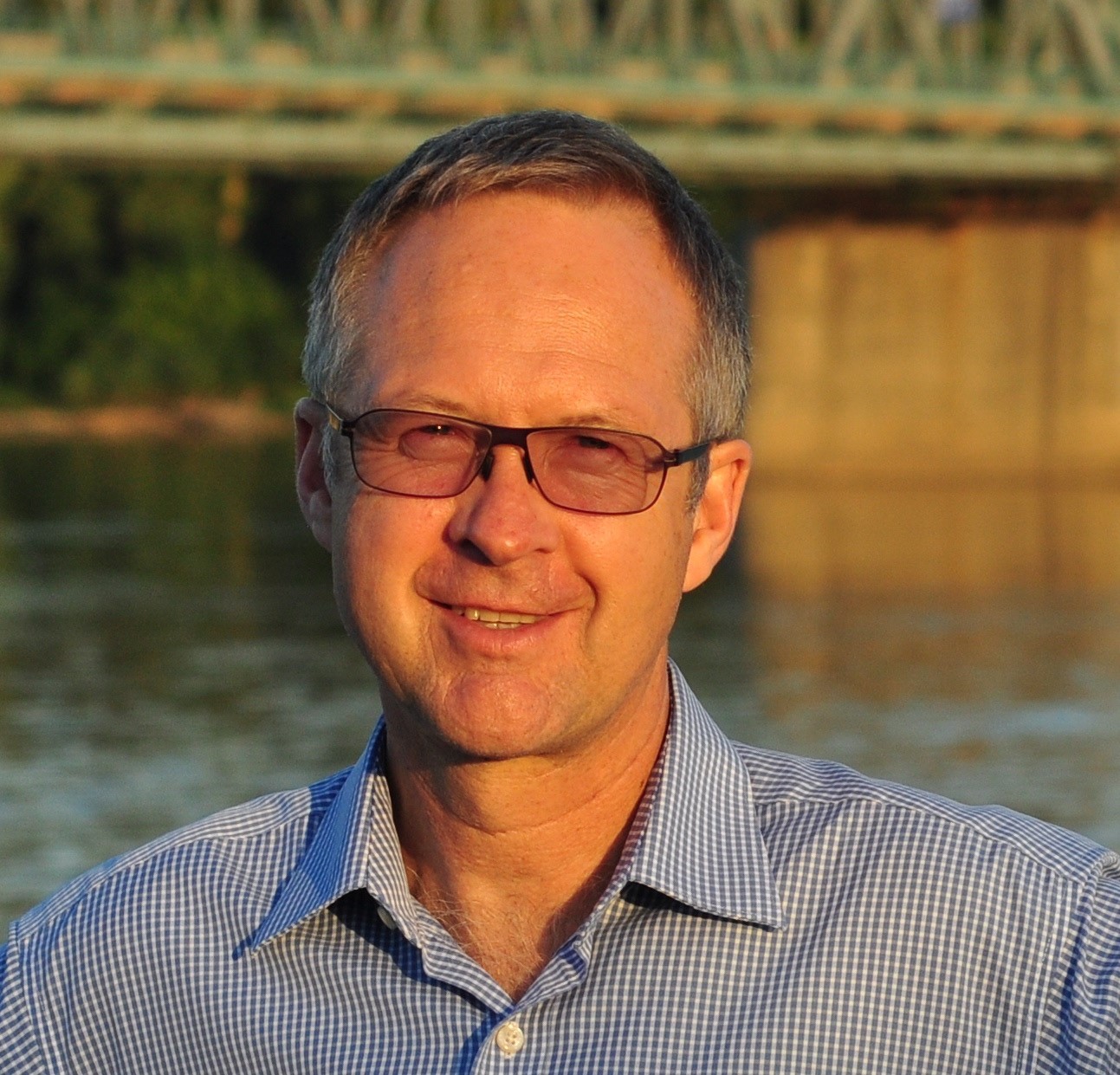 |
Professor David D. SampsonThe University of Western Australia, Australia Professor Sampson heads the Optical+Biomedical Engineering Laboratory and is Director of the Centre for Microscopy, Characterisation & Analysis, at The University of Western Australia. He directs the Western Australian nodes of the Australian Microscopy & Microanalysis Research Facility and the National Imaging Facility (Australia). He is a Fellow of the Institute of Electrical & Electronics Engineers, Fellow of the OSA – The Optical Society, and of SPIE – The International Society for Optics and Photonics. He is a recipient of the IEEE Photonics Society’s Distinguished Lecturer Award. Prof. Sampson’s research interests are in the science and applications of light in medicine and biology. His research is focussed on the invention, study and translation of microscopy techniques to imaging in the living body – medical microscopy. He is current focus is on the Microscope-in-a-Needle for surgery and biopsy guidance and micro-elastography – micro-imaging of tissue stiffness. |
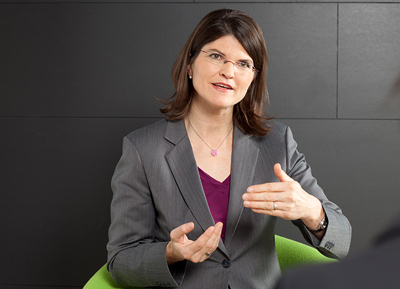 |
ELISABETH STAUDINGERPresident, Healthcare Asia Pacific, Siemens Healthcare Elisabeth Staudinger studied sinology and economics in Vienna, Nanjing, and Beijing and holds a Master's Degree in both subjects. She began her career with Siemens in 1998 at Global Procurement and Logistics in Munich, Germany. After holding several management positions at Siemens Healthcare in Germany and China, she assumed the role of Chief Executive Officer of the Refurbished Systems Business Unit in January 2009 in Germany. In November 2013, she assumed the position of President Asia-Pacific for Siemens Healthcare in Singapore. |
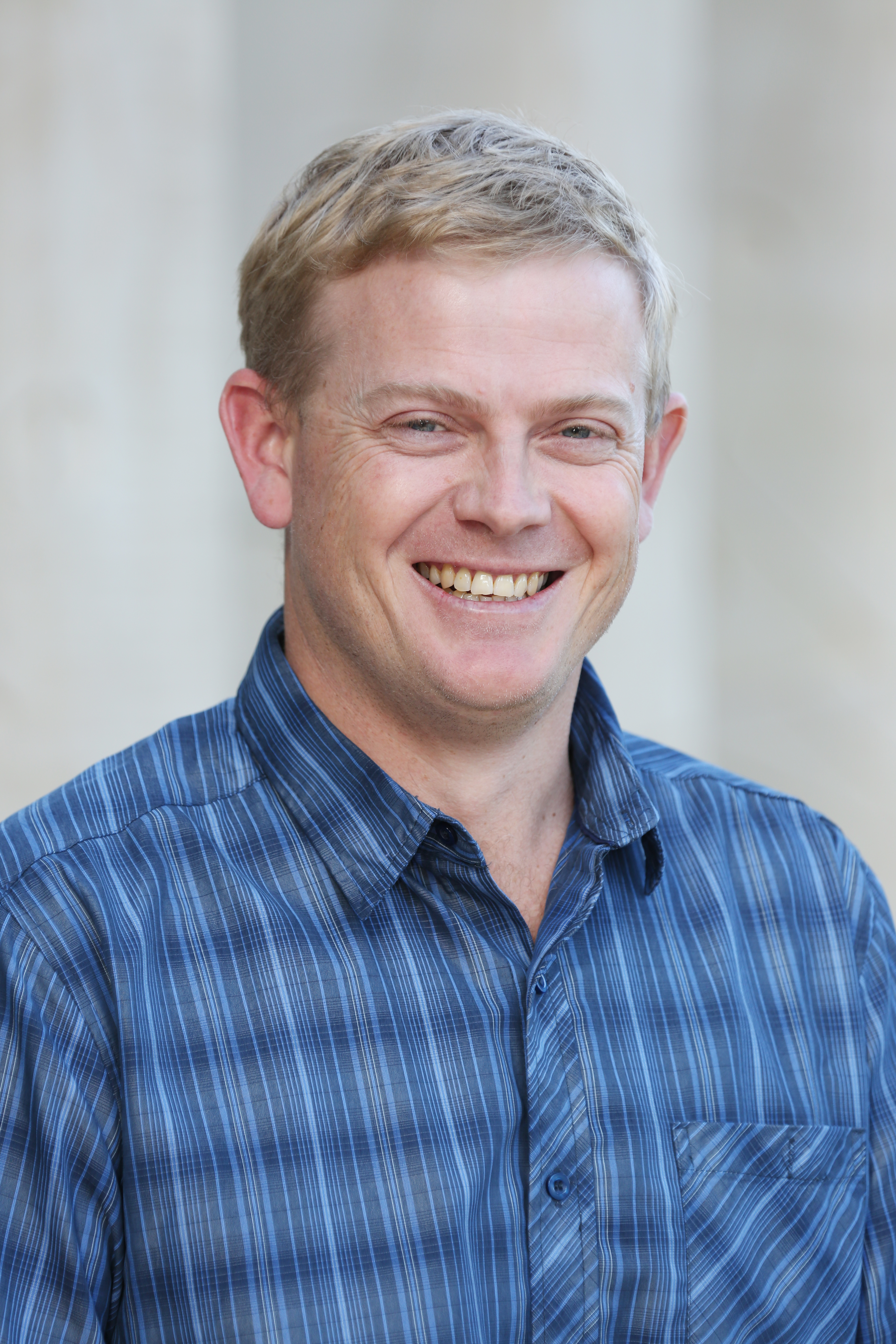 |
Assoc Professor Kris ThurechtAssoc. Prof. Kristofer Thurecht graduated from the University of Queensland, Australia, in 2005 with a PhD in polymer chemistry. He took up a postdoctoral position in the UK working on polymer synthesis in supercritical CO2 with Prof. Steve Howdle at Nottingham University. In 2007, Dr Thurecht was simultaneously awarded a Ramsay Centenary Fellowship and 1851 Research Fellowship in the UK, and in the following year an ARC Australian Postdoctoral Fellowship. Dr Thurecht is currently a group leader within the Centre for Advanced Imaging (CAI) and an associated group leader at the Australian Institute for Bioengineering and Nanotechnology (AIBN) at the University of Queensland. His current interests lie in developing polymeric nanomedicines and utilizing advanced molecular imaging techniques to understand their behaviour under physiological conditions. He is a CI in the ARC Centre of Excellence in Convergent Bio-Nano Science and Technology. |
KIRBY G VOSBURGHKirby G. Vosburgh is a member of the research faculty at Brigham and Women’s and Massachusetts General Hospitals. He is an Assistant professor of Radiology at Harvard Medical School. Since moving to Boston in 2000, he has lead the Clinical Image Guidance Laboratory, which has developed and demonstrated new techniques for image guided surgery and endoscopy. More recently, his research has involved the use of ultrasound for novel therapeutic and guidance applications. For a decade, he was the Associate Director of the Center for Integration of Medicine and Innovative Technology (CIMIT), serving as the leader of scientific project selection and management and as liaison to the US Army, CIMIT’s primary funding agency. Dr. Vosburgh holds degrees from Cornell and Rutgers Universities, and did post-doctoral research in physics at Princeton. He then held research and management positions for 28 years at GE Corporate Research, reaching the Senior Executive level. He led teams which developed products ranging from advanced integrated circuit processes, MRI, ultrasound, and CT medical systems, lighting technologies, advanced open source software for aircraft engine design and medical applications, visualization systems used in NBC broadcasting, and several materials based products. |
|
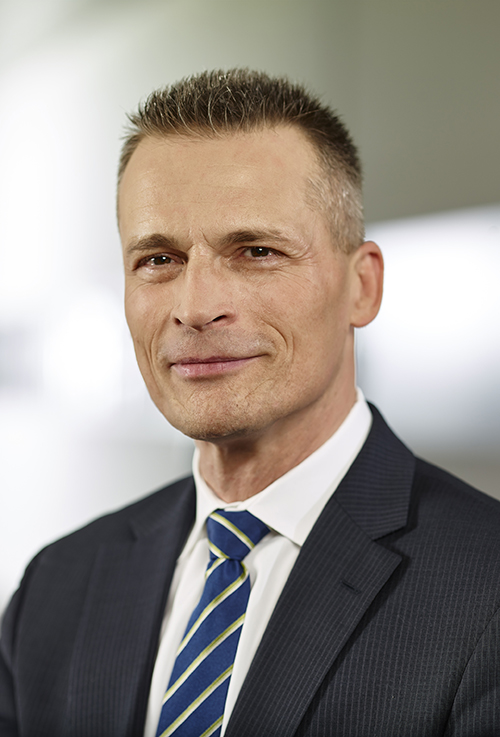 |
Dr Christoph ZindelDr. Christoph Zindel, M.D., is Head of Siemens MR and responsible for the Magnetic Resonance business of Siemens Healthcare. Before returning to Siemens, he held the position of Senior VP, Head of Business Unit Hematology and Urinalysis for Beckman Coulter Inc., Miami, US, and was responsible for revenue of approximately $900 million and managed 200 direct and 2,000 dotted-line employees. Dr. Zindel is a trained surgeon with 17 years of experience in medical technology. |
TRI Based Speakers |
Event sponsors
|
|
EVENT PROGRAM - SEMINARS AND WORKSHOPS
![]()
> Click here to register for this event
Program subject to change






